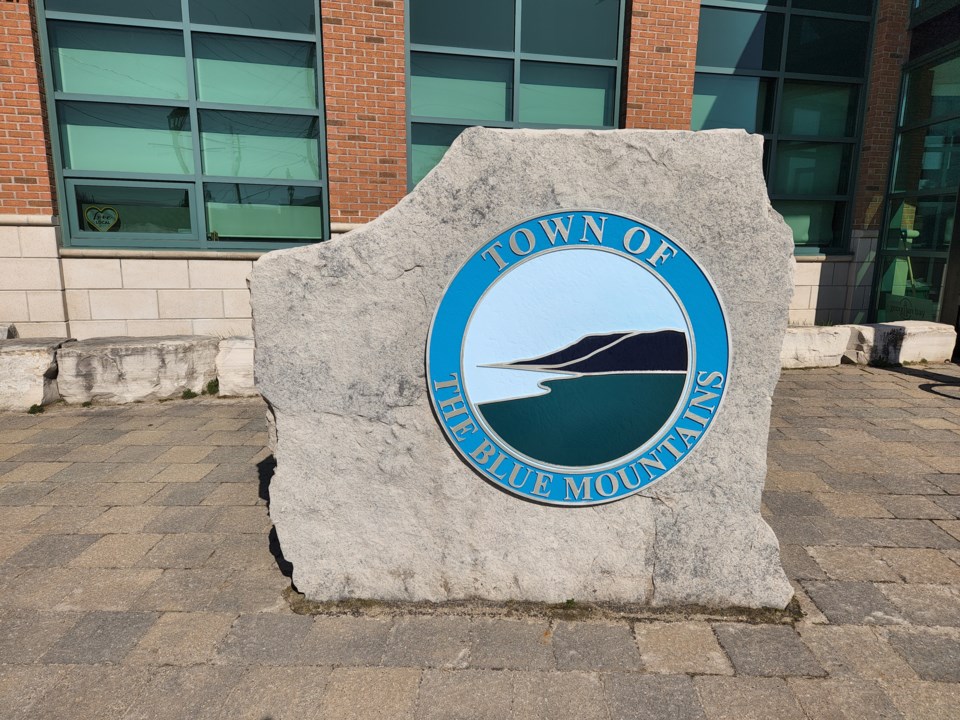The Town of The Blue Mountains is one step closer to establishing a lobbyist registry for the community.
At its committee of the whole meeting on Jan. 30, council gave approval to CAO Shawn Everitt to bring a draft lobbyist registry bylaw and draft lobbyist code of conduct forward for public consultation. The CAO outlined the process so far in a report to the committee.
“This has been long in the making,” said Everitt, who noted that the registry had been delayed by other priorities. Everitt asked council for an endorsement to take the draft bylaws to a public meeting for review.
The CAO said he has worked with the Town of Collingwood to “essentially duplicate” their lobbyist registry process. He said Collingwood has an excellent bylaw that arose out of a recent public inquiry into lobbyist activity in that community.
“It’s been tested. It’s really good,” said Everitt. “I really want to get this in front of the public.”
Collingwood's lobbyist registry came into effect on Jan. 20, 2020. The Collingwood registry bylaw identifies three types of lobbyists including consultant, in-house, and voluntary unpaid. Lobbying is defined in the bylaw as any communication with a public office holder by an individual who is paid by or who represents a business or financial interest with the goal of trying to influence any legislative action, including development, introduction, passage, defeat, amendment or repeal of a bylaw, resolution, or decision of council.
The CAO said he felt it would be a benefit for The Blue Mountains to have a similar registry process as Collingwood, as many of the same organizations would be registering with the two towns.
Everitt did make two recommendations with the proposal: he suggested that those on the registry not be permitted to serve on public committees and he recommended that the clerk’s office be the town’s lobbyist registrar.
Members of council were pleased to see the process moving forward. Coun. Gail Ardiel said she had been calling for a registry for a number of years.
“This is vital for our town,” she said.
Coun. Paula Hope raised a concern about individuals in the community who might approach her with issues, but who are also on the registry.
“What we have to watch for is that we don’t frustrate communications with members of the community,” said Hope. “That I am worried about.”
In response, Everitt said an individual joining the registry does change the nature of how they communicate with town officials, but he said it didn’t preclude the kinds of conversations Hope has mentioned.
“The process is that you want to make sure you identify that,” Everitt said.
Hope also questioned if the proposed registry would deal with former members of council, indicating they still have influence in the community.
“It’s an area we need to be looking at,” she said.
Everitt said the proposed bylaw does not cover that topic specifically, but said he would go back and consult with other municipalities on the topic for more information.
Coun. Alex Maxwell praised the efforts to get the registry in place.
“This is another layer of transparency, accountability and public perception,” said Maxwell. “Those three cornerstones should outweigh any other conversations.”
Council approved the CAO’s report in a 6-0 vote. Deputy mayor Peter Bordignon was absent.



